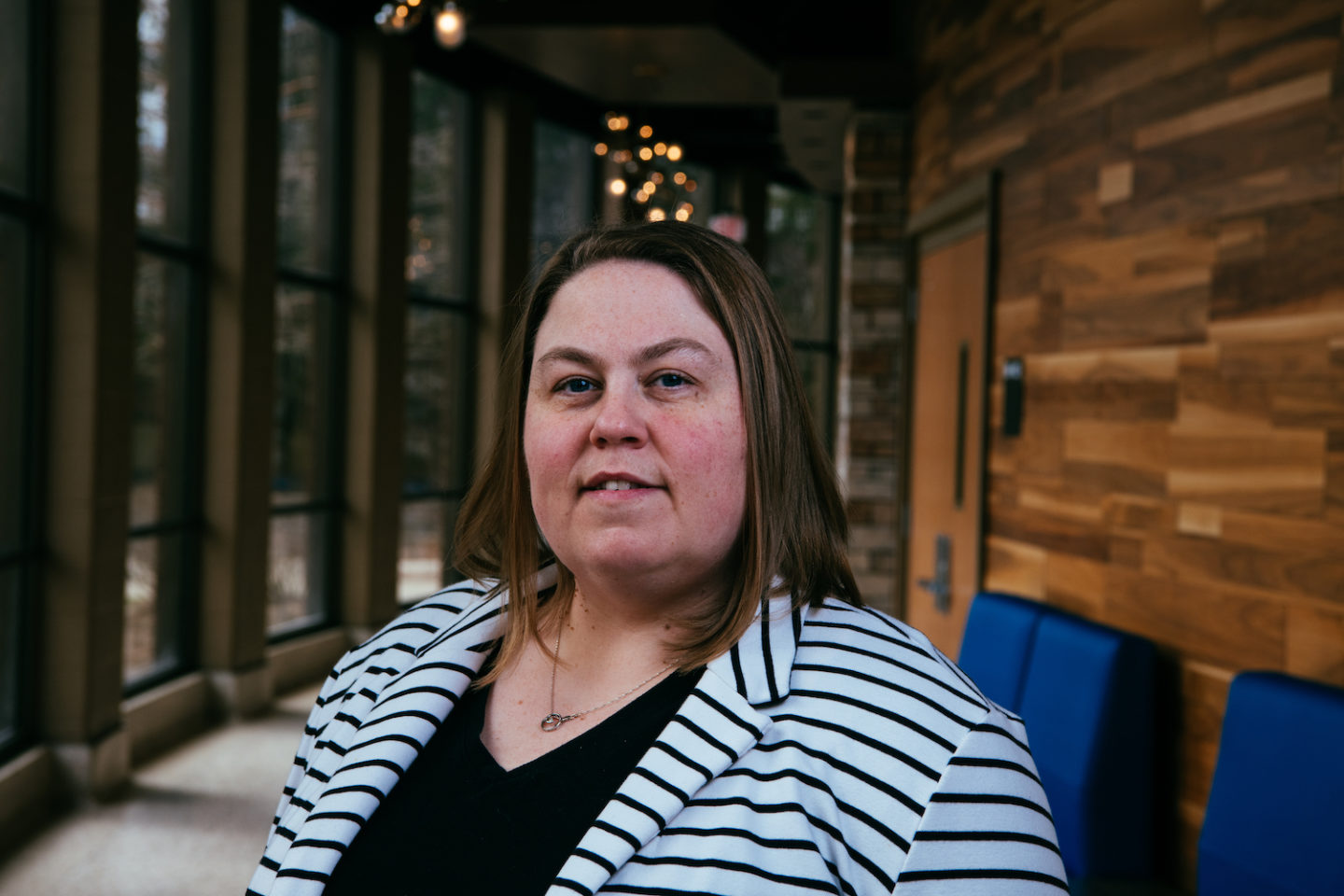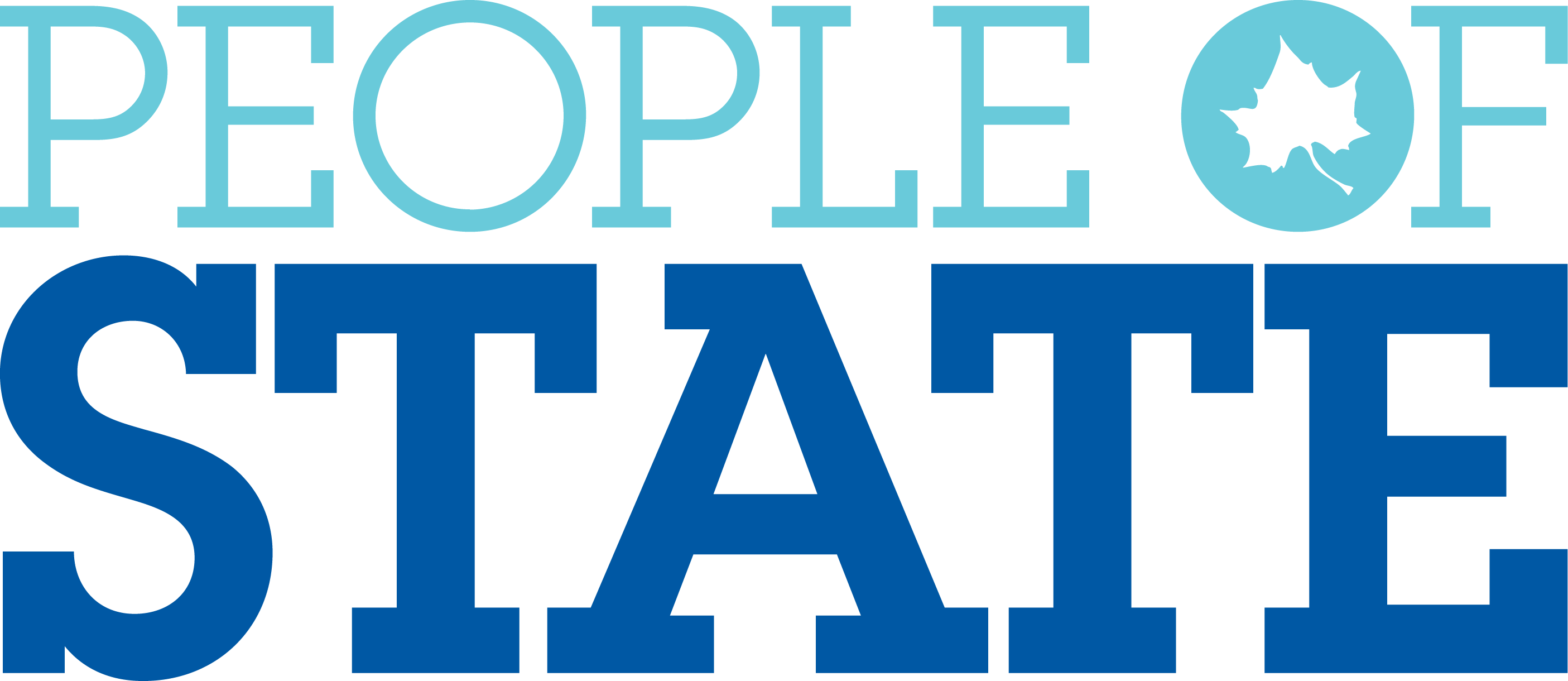
Katrina Babb
By Indiana State University
Mar 16, 2020
As a full-time economics instructor since 2005, Katrina Babb learned that the differences in Generation X and Generation Z extend into their preferred ways of learning, which has given her a chance to infuse a new teaching style into her classes, especially in her introductory environmental economics course.
The environmental economics course is a foundational studies class that typically fills to capacity and is starting to be offered more often because of demand.
“It was designed as a specifically experiential learning course, which I do some of in all of my course but a little more so in this course,” Babb said. “It is typically a lot of freshmen and with 50 students in a class, off-campus field trips aren’t financially or logistically possible so we try get out of the classroom and use the resources on campus, like the Recycling Center, Office of Sustainability and the community garden, to help students better understand what ISU does for sustainability.”
During class, Babb conducts different games and simulations with her students.
“For example, when we’re learning tragedy of the commons I bring in goldfish and chopsticks, and students seem to enjoy these activities and it helps them understand some fairly complicated concepts in a more interactive way,” she said. “I do small surveys and assessments to gauge where students are with understanding the material and they appreciate that the class is done in this fashion, instead of just lecture. It’s not easy concepts that we’re learning and they appreciate that they got to use a more hands-on approach. Some of the simulations are more low-tech, hands-on, in-class, and some of it is simulations that people have created and is freely available.”
Last fall, Babb received funding from State’s Faculty Center for Teaching Excellence to purchase virtual reality goggles so her class could do a virtual field trip to the rainforest to learn about conservation.
“We were able to get a classroom set with the funding, so students didn’t have to purchase the glasses on their own. Now, we have the glasses to use in other classes,” she said. It’s an OER course, so all of the resources are freely available through the library and other online resources.
“The other big thing students do is work in small groups to do a big project that creates some type of change on campus and in the community. Some are huge, ambitious things that they write a plan for, others are small enough that they can do and report back on. One group went to Sycamore Manor, a local retirement home, and created mats for homeless from reused plastic bags. They studied the impact of single-use plastic bags have on the environment, did the environmental-economic research and repurposed the bags and got the community involved. One year the project was as simple as starting a social media campaign to get people to turn off lights and projectors, which started with them research the cost of the problem, examining the environmental cost, then informing and encouraging people turn off lights and projectors.”
Babb, ‘03, was a first-generation student who transferred in 2000 to Indiana State, where she earned a degree in math and economics with a minor in insurance and risk management. She taught Economics 100 and labor economics at the prison for five years and was an adjunct professor for both Indiana State and Marian University for several years before becoming a full-time instructor at State five years ago.
Alongside teaching the economic perspectives on environmental problems course at State, Babb has also taught basic economics, principles of microeconomics, labor economics, principles of macroeconomics, gender and economics, quantitative problem solving and special topics in economics. She also serves as assistant director of State’s Center for Economic Education.
Her classes all involve a level of experiential learning to better fit the learning style of today’s students.
“I believe in feminist pedagogy, which includes inclusivity, meaningful learning, experiential learning and creating change,” Babb said. “Some of the research I’ve done shows that Gen Z, the current students, tend to respond more to projects that have them create change, whereas the previous generations liked service projects. It’s really a small modification in how we teach millennials that is more effective for a majority of Gen Z students.”

